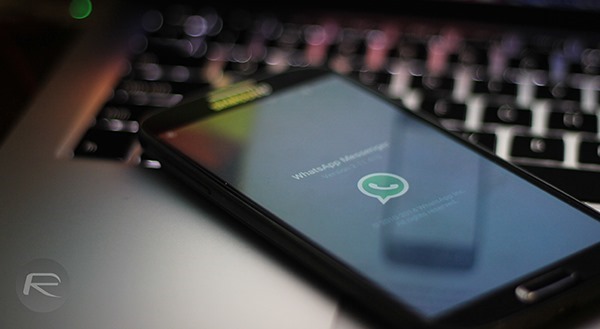Those of us living outside the United States have been able to look on with a smug expression on our faces while the land of the free tries its best to get its tentacles into each and every communication medium on the planet. Not other government would try and get its fingers into encrypted messages sent by its own people, would it?
Well yes. Yes it would.
Speaking during a drive to get his re-election campaign into full swing, British Prime Minister David Cameron has set his sights on the encrypted messaging services that many of us take for granted, stating that his government apparently cannot “allow a means of communications which it simply isn’t possible to read.”

The reason for Cameron’s current stance on the subject of encrypted messaging is, apparently, the recent attacks in Paris. Keen to apparently use a tragedy as a way to push policy, the PM is now making the destruction of encrypted instant messages a priority.
In fact, he wants a backdoor into services such as WhatsApp and iMessage so much that he is willing to simply make them illegal if the people behind them don’t play ball. That means that both Apple and Facebook should expect a call from someone asking for the keys to the castle soon enough, if indeed they haven’t already.

Quite where this all goes from here is anybody’s guess, with service providers unlikely to cave in. Of course, the chances of Cameron getting a second term in Downing Street are remote as things stand anyway, so it may not matter regardless.
Only time will tell whether we need to add the UK to the list of nations wanting to spy on its own citizens.
(via: ArsTechnica)
You can follow us on Twitter, add us to your circle on Google+ or like our Facebook page to keep yourself updated on all the latest from Microsoft, Google, Apple and the Web.

